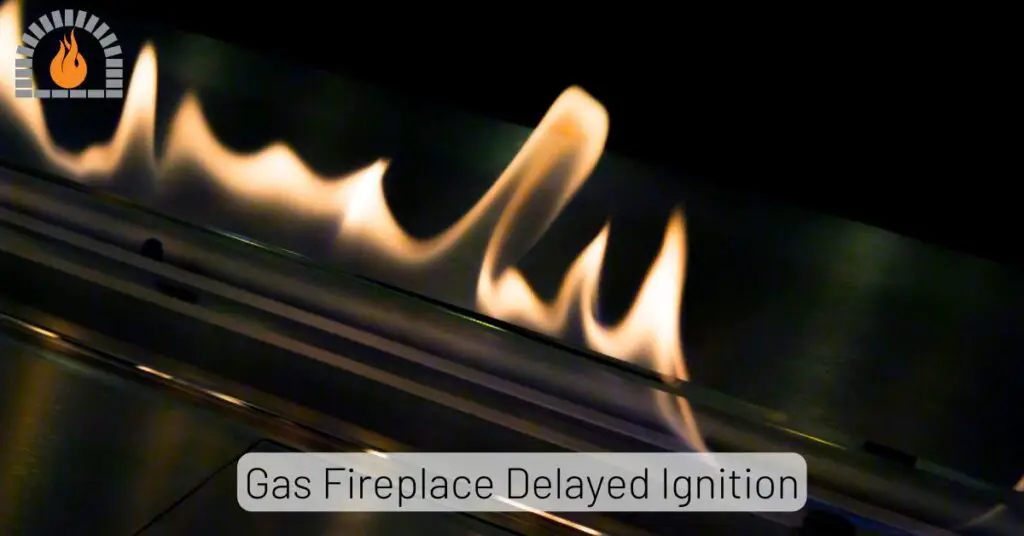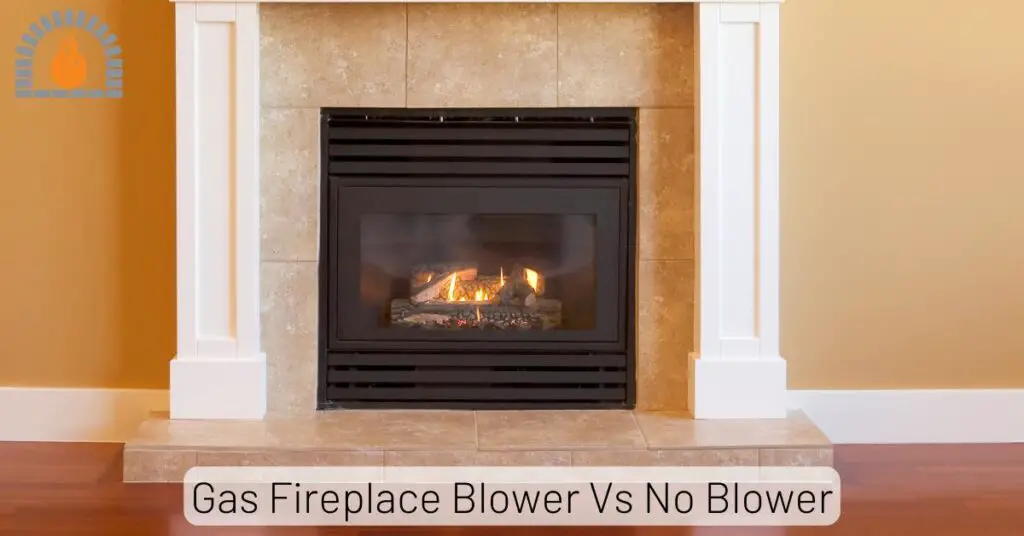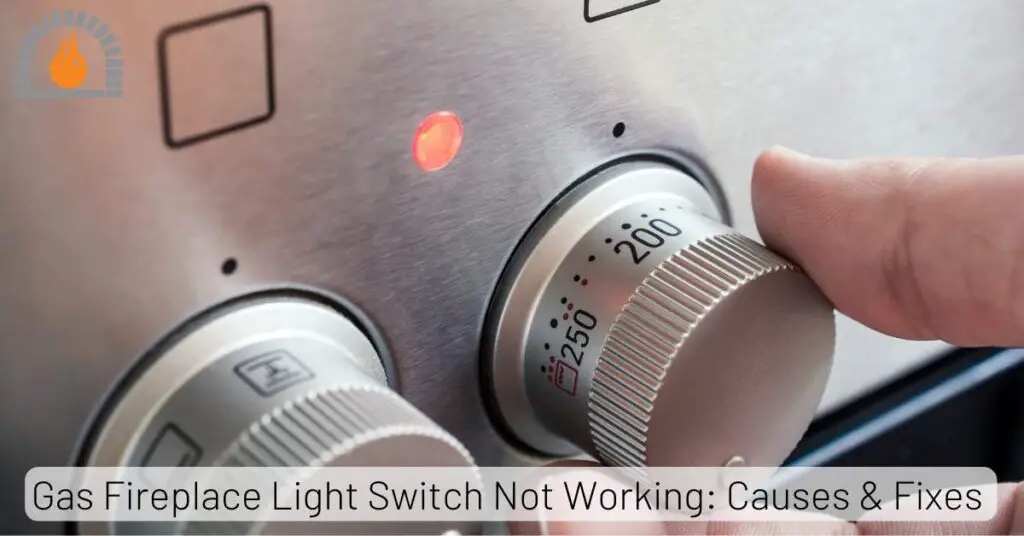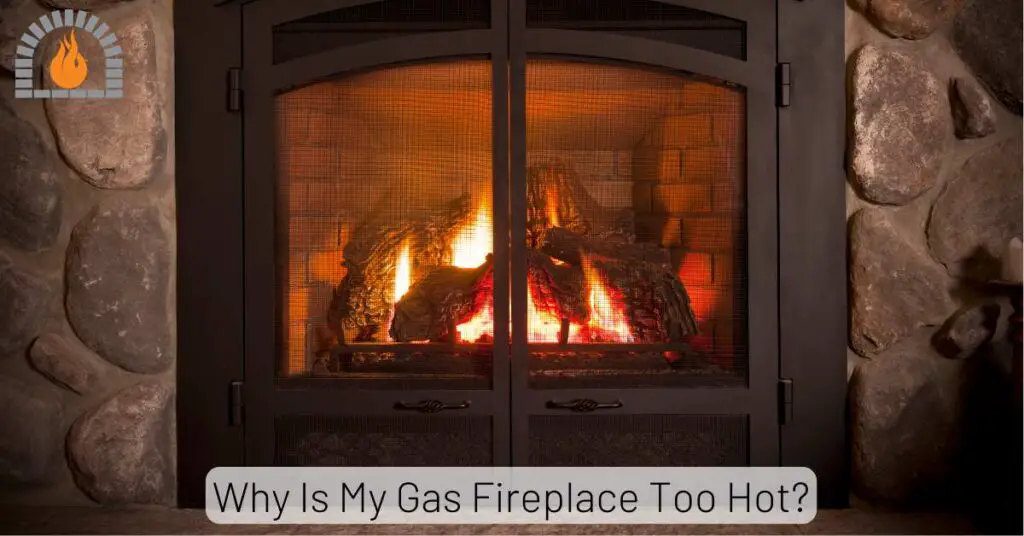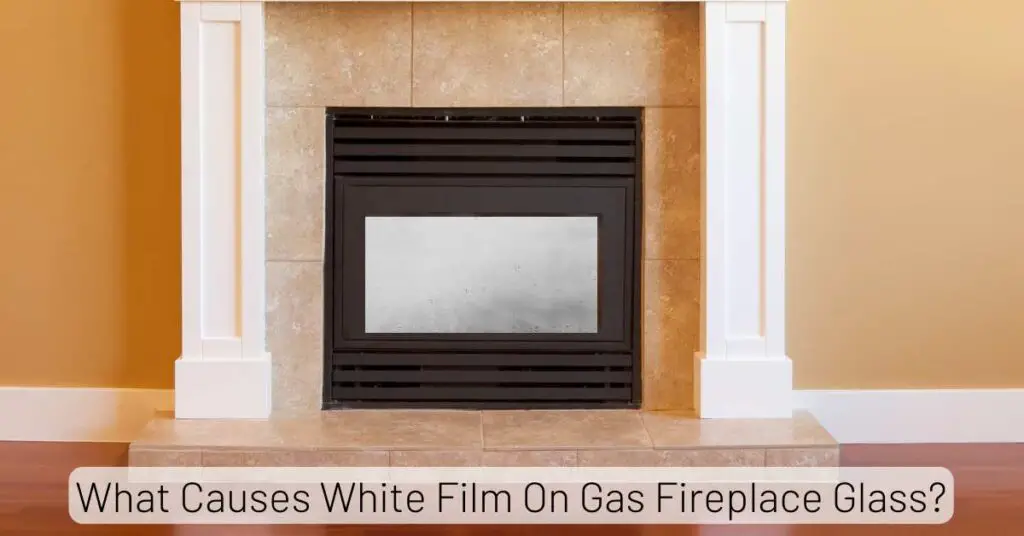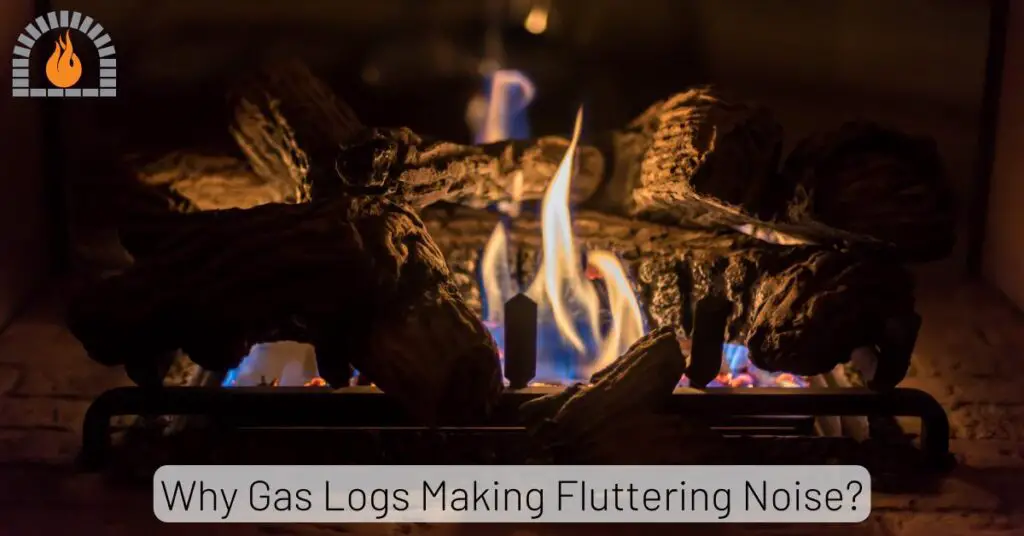In the realm of home heating, gas fireplaces have become increasingly popular for their efficiency, convenience, and aesthetic appeal. Homeowners often wonder about the safety features of these modern marvels, particularly whether gas fireplaces will shut off if they become too hot. So, will gas fireplace shut off if too hot?
Overview
In modern gas fireplaces, thermal sensors are strategically placed within the unit to detect temperature changes. If the gas fireplace becomes too hot and the temperature exceeds the predefined safe limit, the thermal sensors trigger an automatic response and shut off the fireplace to safeguard both the fireplace and the surrounding environment.
The Importance of Temperature Regulation
Gas fireplaces are designed with safety as a top priority. Temperature regulation is a crucial aspect, ensuring that the unit operates within safe parameters.
The incorporation of advanced sensors allows these appliances to monitor temperature levels constantly.
Will Gas Fireplace Shut Off If Too Hot?
Yes. One of the primary safety measures in gas fireplaces is the automatic shut-off mechanism. When the thermal sensors detect an abnormal increase in temperature, the system initiates an immediate shut-off. This rapid response prevents any potential overheating, reducing the risk of damage and ensuring the safety of your home.
However, in older gas fireplaces and even modern gas fireplaces, they may stop working when they become too hot due to various other reasons.
Read More: Why Gas Fireplace Shuts Off After 30 Minutes?
Common Causes of Gas Fireplace Shutdown When Too Hot
- Overheating: The internal temperature surpasses the safety limits set by the thermal sensors.
- Ventilation Issues: Inadequate airflow or blocked vents can lead to excessive heat buildup.
- Thermostat Malfunction: Faulty or inaccurate thermostat readings may cause the fireplace to overheat.
- Pilot Light Problems: Issues with the pilot light, such as a dirty or malfunctioning component, can affect proper heat regulation.
- Gas Pressure Fluctuations: Variations in gas pressure may disrupt the proper functioning of the fireplace, leading to overheating.
- Dirty or Clogged Burner: Accumulation of debris or soot on the burner can impede the efficient burning of gas, causing overheating.
- Malfunctioning Gas Valve: A faulty gas valve may result in an excessive gas supply, leading to increased heat output.
- Worn Thermocouple: A worn-out thermocouple may fail to regulate the gas flow, contributing to overheating.
- Ignition System Issues: Problems with the ignition system can cause irregularities in the flame, leading to overheating.
- Electronic Control Board Failure: Malfunctions in the electronic control board can disrupt the fireplace’s ability to regulate temperature effectively.
Manufacturers adhere to stringent safety standards and regulations when producing gas fireplaces. These standards encompass various aspects, including temperature control and safety mechanisms. Choosing a fireplace that complies with these standards ensures a higher level of safety.
What Happens If Your Fireplace Gets Too Hot?
If your gas fireplace gets too hot, it can lead to various issues, including potential safety hazards and damage to the fireplace components.
Here are some potential consequences:
-
Overheating Components: Excessive heat can cause the various components of the gas fireplace, such as the thermocouple, thermopile, gas valve, and burner, to overheat. This can result in malfunctions and damage to these parts, affecting the overall performance of the fireplace.
-
Safety Concerns: Gas fireplaces are designed with safety features to prevent overheating. If these safety features fail or are overwhelmed, it could lead to safety hazards such as gas leaks, fires, or damage to the surrounding materials.
-
Reduced Lifespan: Continuous exposure to high temperatures can shorten the fireplace’s lifespan. The heat can cause wear and tear on the components, decreasing efficiency and performance over time.
-
Damage to Surrounding Materials: If the heat from the fireplace radiates to nearby materials, such as the wall or mantel, it can cause injury or discoloration. To prevent this, it’s essential to follow the manufacturer’s guidelines regarding clearances and installation.
Affiliate Disclosure: Fireplaceadviser.com is a participant in the Amazon Services LLC Associates Program. We may earn a commission when you click on certain links on this site and purchase.

Hello!! I am Jamal Khan. I often fix my home electric heaters and gas stove problems and research the common issues in the heating units to improve my knowledge and expertise. The aim of establishing fireplaceadviser.com is to share my expertise and knowledge with my audience.




